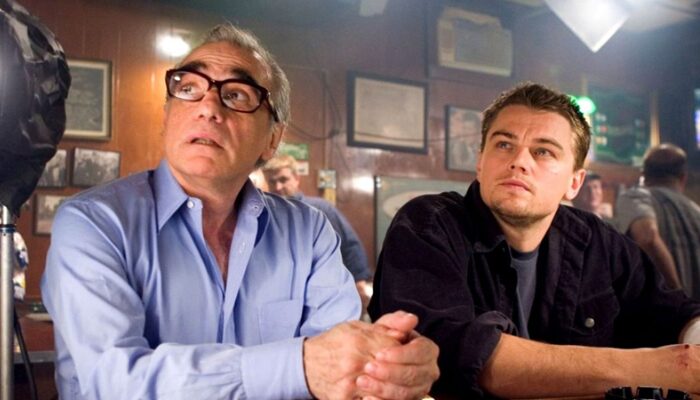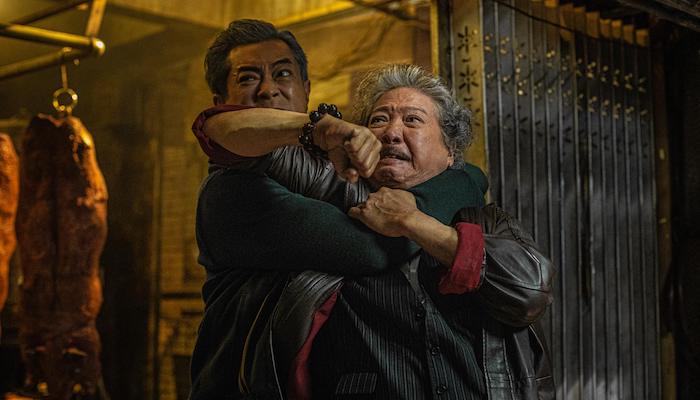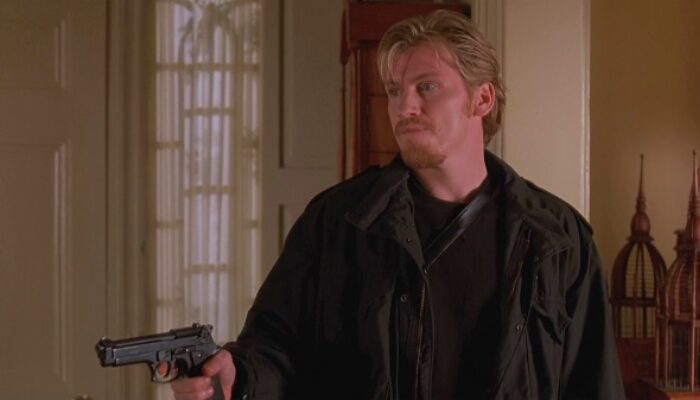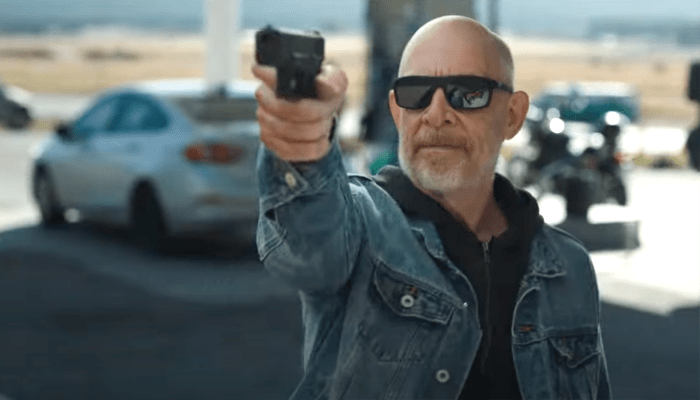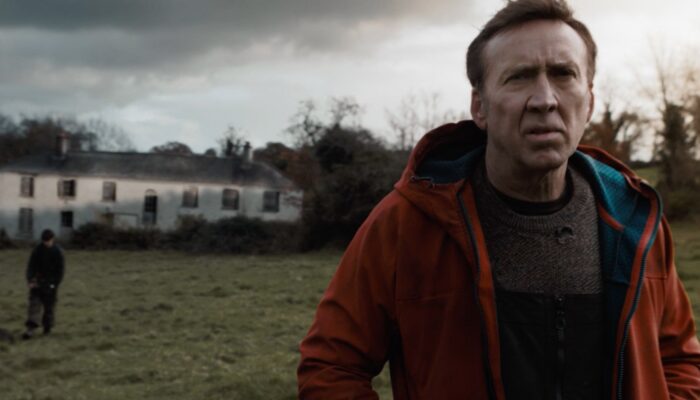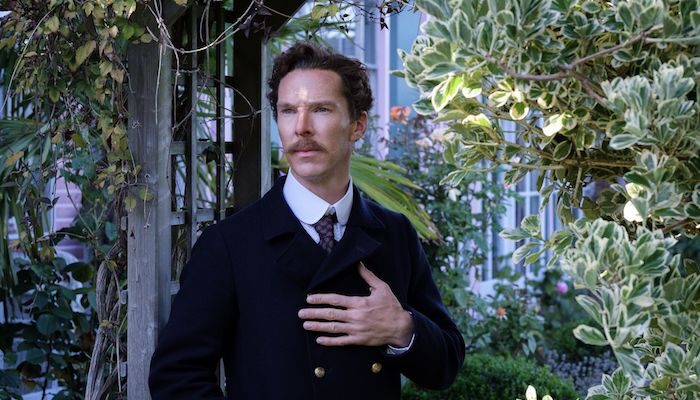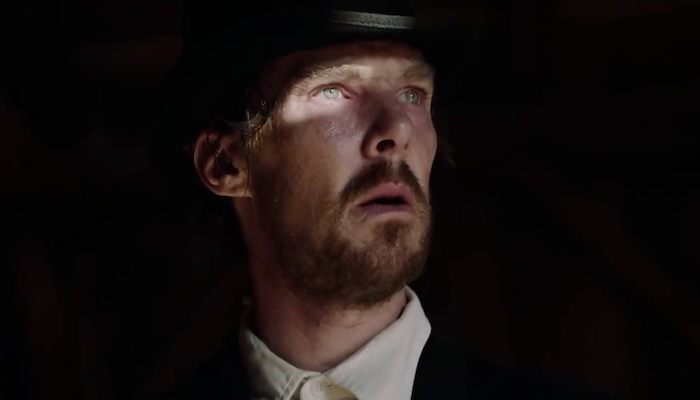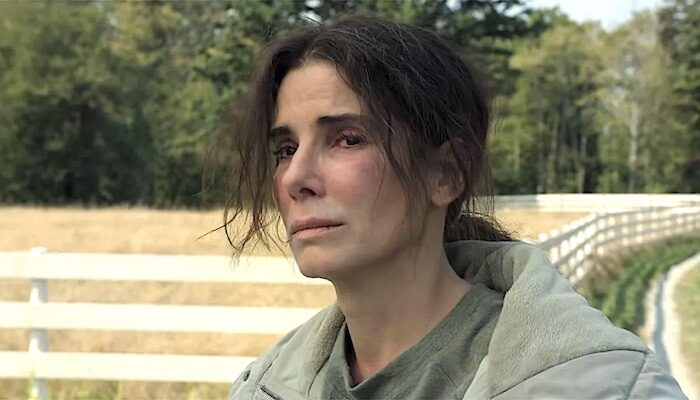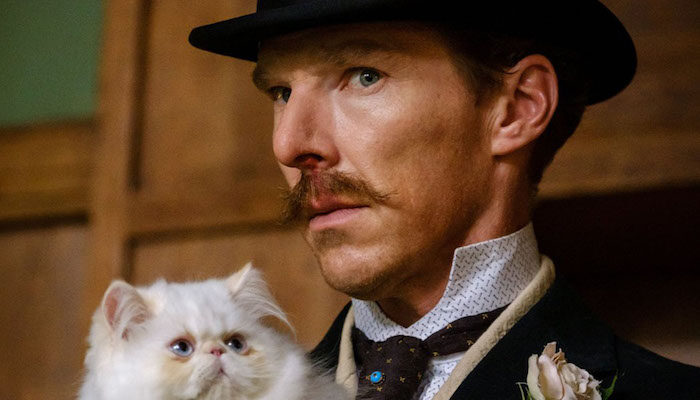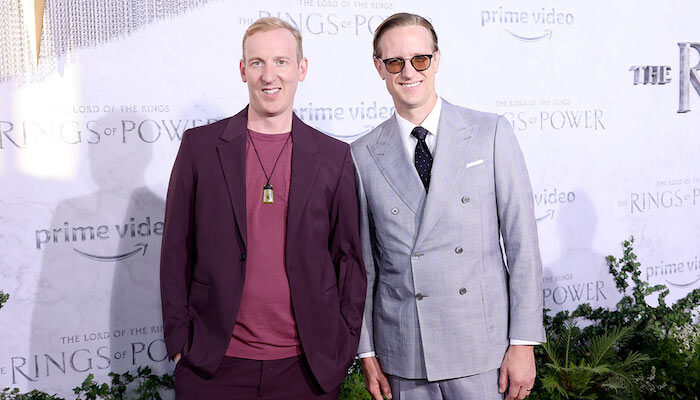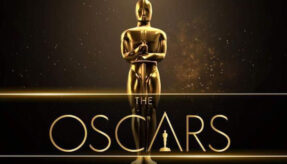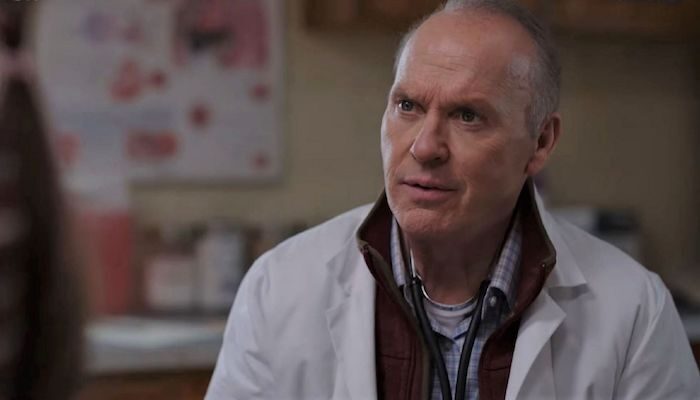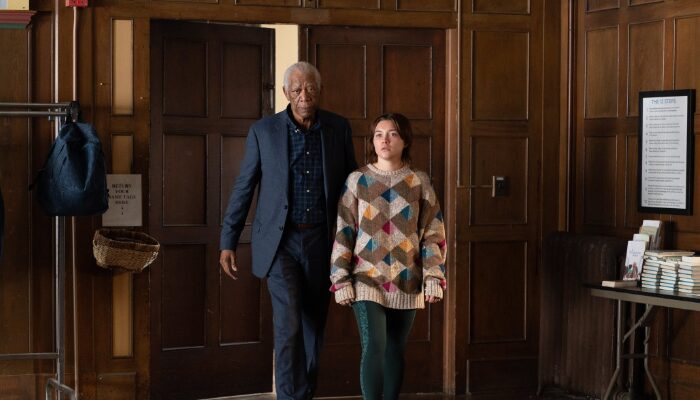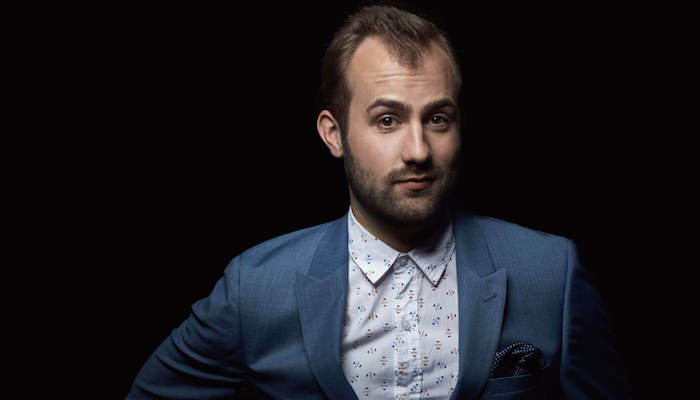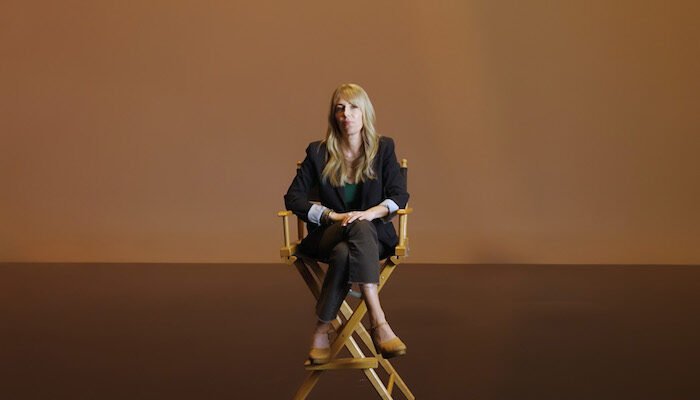David E. McDonald’s Top 5 Films for 2021
Table of Contents
David E. McDonald’s Top 5 Films for 2021
These are presented in no particular order. I am partial to offbeat films, but I also like to recognize films that in some way push the bounds of traditional genre, either by a standout performance in an otherwise unremarkable piece, or a solitary scene that I think can stand alone. In short, anything audacious is at least worth a look. These are my picks for 2021.
David E. McDonald’s Top 5 Films for 2021
5. The Power of the Dog
A prairie ghost story of nearly gothic proportions. Benedict Cumberbatch inhabits the wretched soul of rancher Phil Burbank, who had never properly dealt with his grief over the death of his mentor, Bronco Henry, with whom he was desperately in love. Not that Phil would ever have had the opportunity for proper tribute of tears, given the general attitude toward homosexuals that prevailed in the stoic cowpoke culture of 1925. Instead, he vents his quiet, covert fury on his brother, George (Jesse Plemons), his wife, Anna (Kirsten Dunst), and his stepson, Peter (Kodi Smit-McPhee). These three dealt with Phil’s carefully cultivated contempt for tenderness in different ways. Anna gets driven to drink. George skirts the issue as the patient, well-dressed country gentleman. Meanwhile Peter provides closure for Phil, mirroring adoration as a sort of proxy lover giving Phil permission to follow Bronco Henry into the afterlife. Beautifully shot, with some scenes to treasure: Phil’s lying bare-chested in a meadow, caressing a handkerchief, monogrammed “B.H.”, and then stuffing it down his pants; Peter sharing a cigarette with Phil.
4. The Unforgivable
A very grim portrait of a young woman whose dogged stand-your-ground defense of her house in foreclosure lands her in prison for killing a much-beloved sheriff. The film begins twenty years later when convict Ruth Slater (Sandra Bullock) gets released on parole, much to the chagrin of the dead sheriff’s sons Keith (Thomas Guiry) and Steve (Will Pullen). The mainstay of the story deals with Ruth’s search for her younger sister, Katherine (Aisling Franciosi) who had been adopted by a middle-class couple. Bullock makes Ruth’s tragedy easy to read all over her face, and a good thing; taciturn and wary, she mumbles her one or two-word sentences. She stoically takes every slight, all the way up to a savage beating, when discovered to be ‘unforgivable’ — a cop-killer. But there are confrontations in which Ruth explodes: a meeting with Katherine’s adoptive couple arranged by a sympathetic attorney John Ingram (Vincent D’Onofrio); the best is a shouting match with John’s wife, Liz (Viola Davis). This latter scene is especially juicy between the two women, and Liz does a ‘180’ and pretty much saves the day. Backstory is told piecemeal, when the actual killer is revealed.
3. Summer of Soul (… Or, When the Revolution Could Not Be Televised)
The Harlem Cultural Festival was nicknamed the “Black Woodstock”, virtually unheard of except for attendees to evoke its memory. The subtitle refers to the iconic poem and proto-rap song by Gil Scott-Heron. But unlike Woodstock, Summer of Soul shows contemporary events side-by-side and straight-on. Footage of ordinary life juxtaposes the festival performances, and this provides unique insight coinciding with the considerable creative force within the black community, from Gospel roots to cross-over pop. News clips of street fights and front line battles in Vietnam cutting away to close-ups of B.B. King and Mahalia Jackson, as well as others, performing their numbers, is startling to say the least. Summer of Soul has a distinct vitality that is rarely seen in documentaries, where striving for objectivity often results in a certain passiveness that tends to keep audience at a distance, apart from the realism it portrays. That is not the case here; this film strives to involve us, to remind us that, as with music, we have much to share, and much to offer, both as a nation and a people. A no more timely message than now.
2. Dune: Part One
The hype that preceded the release of this film was no disappointment. The superb spectacle of Denis Villeneuve’s depiction of Frank Herbert’s epic story compensates for the significant changes to the story. This is an extravaganza of a film, elegant and measured, and dwarfs, to a rather large degree, the performances of the cast. But by the same token it is easy to get swept into the saga, and it’s a fun ride even for those not familiar with the novel. This exposition fits neatly into the lean conflict between the upright Atreides and the devious Harkonnen as found in the novels. This is a standard good-versus-evil type of plot device typical of space operas, even as grand as this one. No crafty politics here; even the interplay of ideologies — the real ingenuity of the novels — is implied. Nothing distracts the audience from the panorama.
1. The Electrical Life of Louis Wain
The Electrical Life of Louis Wain could be considered an illustrated life of a unique artist, a beautiful coffee-table book of a film. While not a penetrating biopic, the movie nonetheless highlights Wain’s achievements as a gifted illustrator, and pays proper homage to an intriguing man and speculates on his much debated bent of mind without clinical overreach. Benedict Cumberbatch’s portrayal of Wain implies autistic spectrum disorder instead of schizophrenia, as so many psychologists have proposed. Louis’ movements are stiff and mechanical; his manner is blunt, abrupt and literal, and with an eidetic memory to boot, in lighthearted terms — the quirks of an artist — at least at first. The tenderest scenes are between Wain and his wife, Emily (Claire Foy). When Emily was diagnosed with breast cancer, the couple soldiered on as cheerfully as they had begun. After her demise, Louis finds comfort, as Emily did, in the stray turned family: their beloved cat, Peter, the original model for the anthropomorphized feline etchings that launched Louis’ celebrity. This was managed without undue sentimentality.
Honorable mentions include: Nomadland; Nightmare Alley; Finch.
Leave your thoughts on David E. McDonald’s Top 5 Films of 2021 below in the comments section. Readers seeking to support this type of content can visit our Patreon Page and become one of FilmBook’s patrons. Readers looking for more editorials can visit our Editorial Page. Want up-to-the-minute notifications? FilmBook staff members publish articles by Email, Twitter, Facebook, Instagram, Tumblr, Pinterest, Reddit, and Flipboard.
Related Articles
FilmBook's Newsletter
Subscribe to FilmBook’s Daily Newsletter for the latest news!

